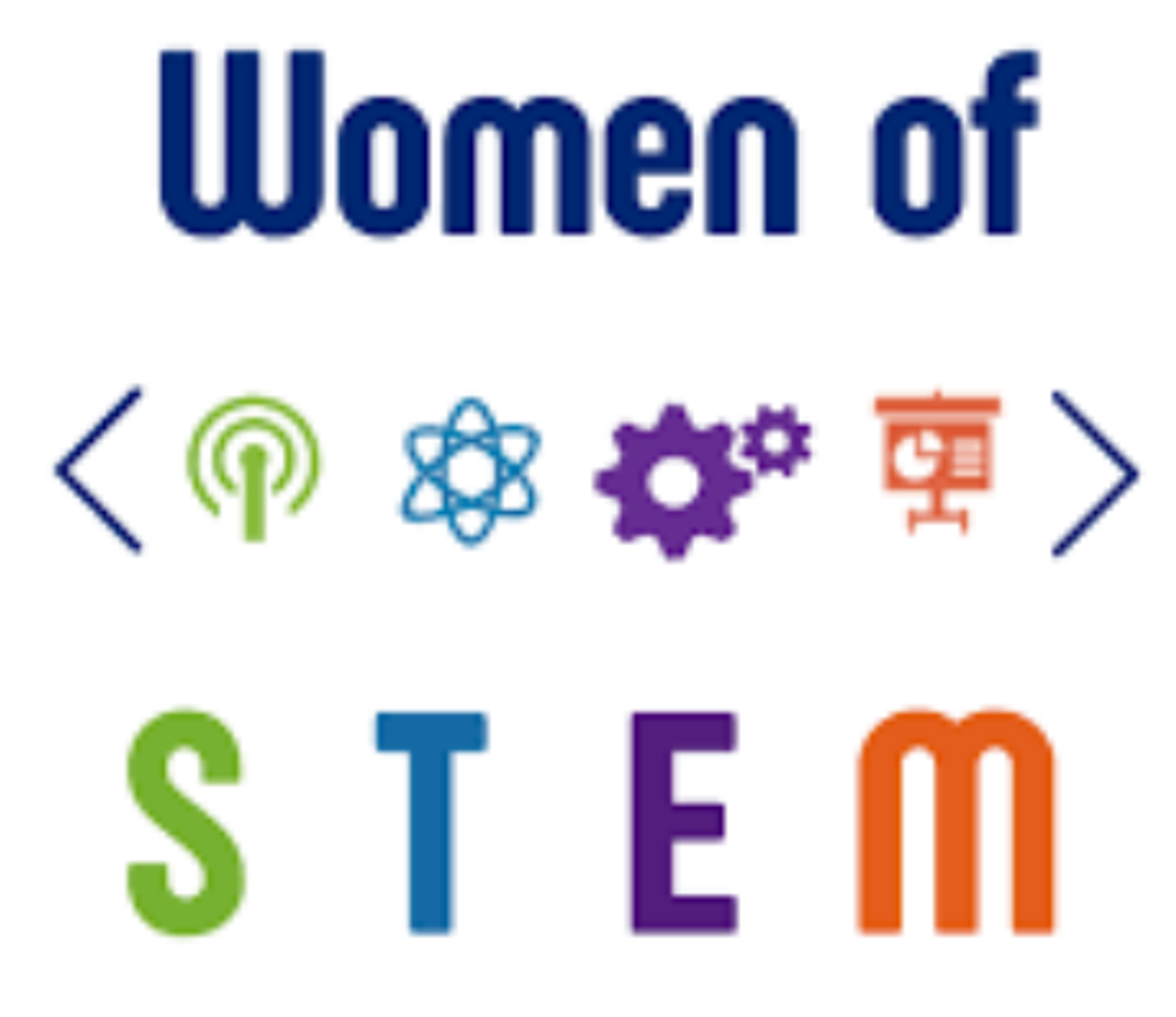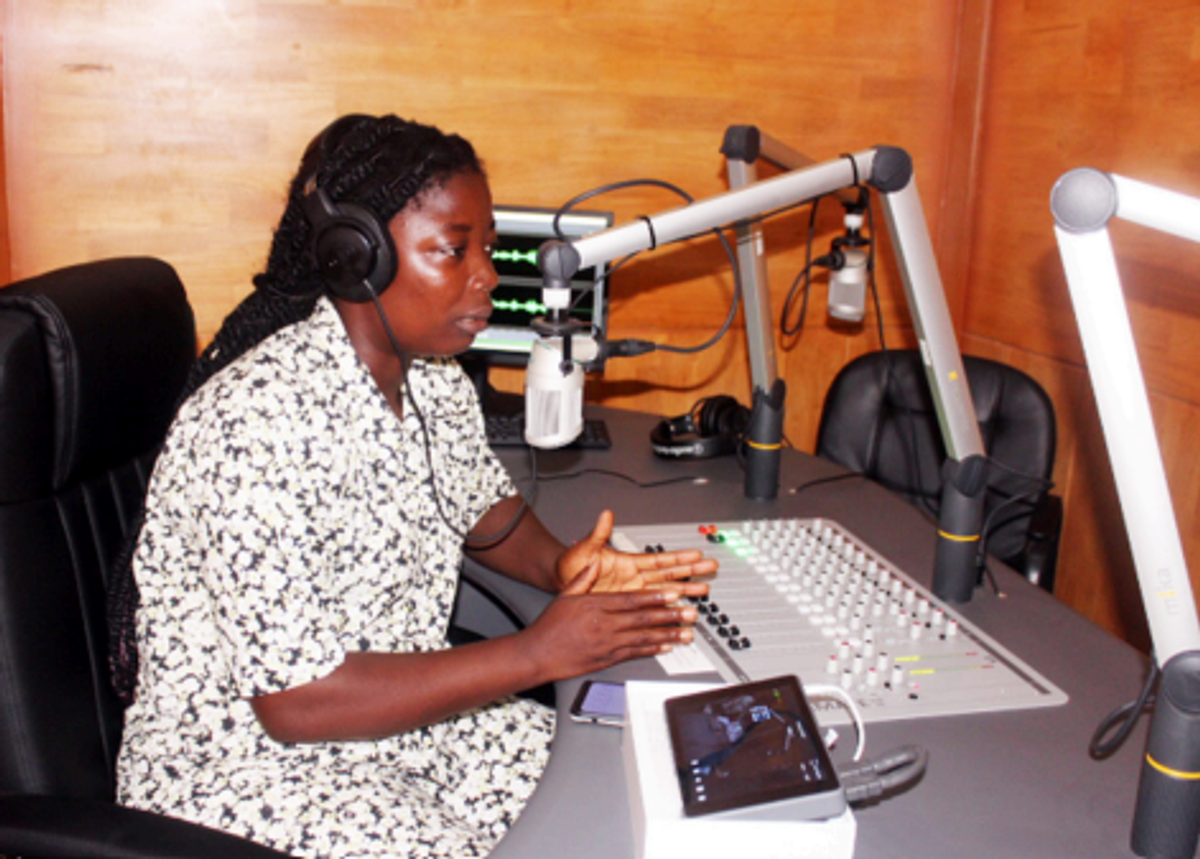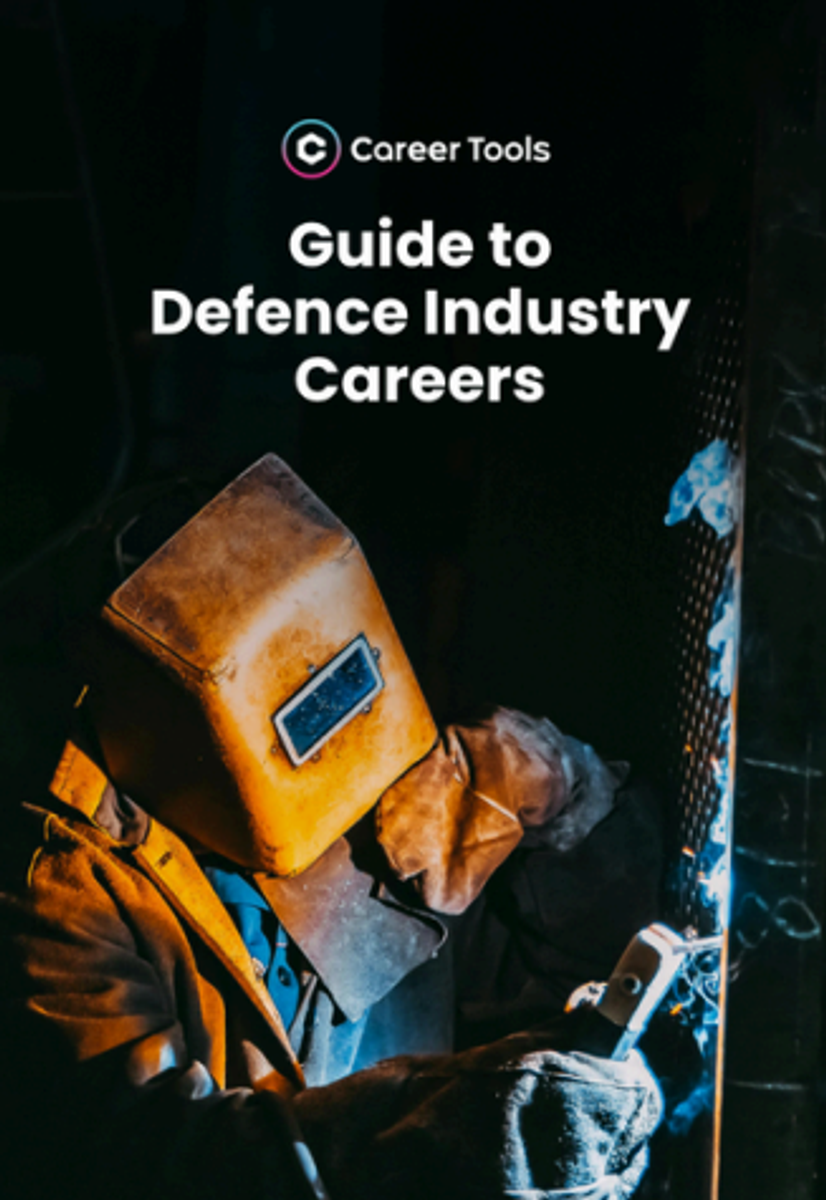Careers Corner

Finish dates for 2025 VET Classes at Pakenham Secondary College
| Course | Last Day of Attendance |
|---|---|
| Certificate II Building and Construction - 1st Year | Wednesday 22nd October 2025 |
| Certificate II Building and Construction 2nd Year | Friday 31st October 2025 |
| Certificate II Workplace Skills | Friday 24th October 2025 |
| Certificate II Community Services | Wednesday 22nd October 2025 |
| Certificate III Early Childhood Education and Care | Wednesday 5th November 2025 |
| Certificate II Horticulture | To be confirmed |
VTAC Quick Reference Guide for Year 12 Students
Please click on the button below for a useful VTAC Guide
Managing Exam Stress
Feeling overwhelmed by study, stress, or expectations? You’re not alone. Remember - you don’t have to figure it all out by yourself.
Exams Are Tough - But So Are You
Let’s be real: exam time can feel like a mountain of pressure. Whether it’s keeping up with assignments, juggling part-time work, or just trying to meet your own expectations, the stress can build up fast. But here’s the thing, you don’t need to do it all alone. ReachOut is here to support you with tools, stories, and strategies made just for young people going through stuff like this.
Know What Stress Can Look Like
Not all stress looks the same. It can show up as:
Struggling to focus or getting stuck in your head
Feeling anxious, snappy, or unusually tired
Procrastinating even when you want to do well
Trouble sleeping or constant overthinking
If this sounds familiar, it’s not a sign you’re failing, it’s a sign to take action. ReachOut offers heaps of practical advice on how to manage these feelings and get back in control.
Real Help, Anytime You Need It
The best part about ReachOut? It’s online, 24/7, and designed for students like you. On the site, you’ll find:
Study and stress tips from people who’ve been there
Discussion forums to talk with others your age
Action plans and quizzes to help you find what works
Info on when and how to get professional help
Remember, stress is part of the exam journey, but suffering in silence doesn’t have to be. You don’t need to wait until things feel “bad enough”. The earlier you reach out, the easier it is to feel better.
The Women of STEM Scholarship
Discover how Australia’s Women of STEM Scholarship is opening doors in science, tech, engineering and maths.
What Is This Scholarship?
The Women of STEM Scholarship is a national program supported by the ACS Foundation. Its focus is to provide young women who are about to start or have just started a STEM‑related degree at university with financial backing and recognition. STEM fields are hugely important for the future e.g (tech, medicine, environment, data, engineering), but they still have a gender gap. Scholarships like this can help level the playing field.
What Do You Get & Who Qualifies?
Here’s what the scholarship offers and who can apply:
- You’ll receive AUD $5,000 per year for up to five years (for as long as you stay in the STEM degree and keep a credit average).
- Age: between 17‑20 years old when you apply, and you should be commencing or recently commenced a STEM degree.
- Must be an Australian citizen or permanent resident.
- Have strong academic results, plus involvement in extra‑curricular or community activities that show your passion or interest in STEM.
How and When to Apply
- The application involves sending documents such as your recent high school transcript / ATAR or equivalent, proof of university acceptance, a resume, and a cover letter explaining why you should get the scholarship.
- After submitting the written application, there is an in‑person interview stage.
- Women of STEM Applications for the 2026 Women of STEM Scholarships will open on Thursday 18 December 2025.
What It Means for You
Receiving this scholarship is more than just financial support, it’s recognition of your potential and a chance to connect with others in the STEM community, including mentors and like-minded students. Even if you're not selected, the application process is valuable experience. It helps you reflect on your goals, articulate your passion for STEM, and build confidence in telling your story.
Career Spotlight - Journalist
As a Journalist - you learn as you go!
What matters most is asking the right questions, listening carefully and telling stories that help people understand what’s really going on.
What is a Journalist?
A Journalist researches, writes, and edits news stories to inform the public about what’s happening in the world. They might cover topics like politics, the environment, social issues, entertainment, or sport. Journalists often work for newspapers, magazines, websites, or news outlets, creating articles that are clear, factual, and engaging. Some focus on breaking news, while others write feature stories or opinion pieces. At the heart of journalism is storytelling, with truth, fairness and accuracy at the core.
What Skills and Strengths are Needed?
Strong writing and communication skills are essential for turning complex ideas into clear, readable stories. Journalists need to be curious, ask great questions, and know how to research facts thoroughly. Good time management helps with meeting deadlines, and resilience is important when stories don’t go to plan. Being observant, open-minded and ethical helps journalists cover a wide range of people and perspectives. Confidence to interview others and the patience to listen carefully, are also key strengths in this field.
What are the Pathways?
Many journalists start by studying journalism, media, or communications through a Diploma, or a university degree like a Bachelor of Communications (Journalism). English, Media, and Humanities subjects in school can help build early skills. Gaining experience is important, so writing for your school magazine, blog, or local paper is a great way to begin. Internships, student media, and freelance writing can help you build a portfolio. Over time, journalists may specialise in areas like politics, sport, health, or culture - where their voice and storytelling skills can make a real impact.
Defence Industry Study Guide
A new guide has been created to educate students about career opportunities and skills acquisitions in defence industry.
Australia’s defence industry is rapidly expanding, with thousands of skilled jobs being created over the next 10 years to support multi-million-dollar projects.
This represents a unique opportunity to students looking to pursue a trade or STEM career, with opportunities to work for some of the largest defence industry firms in the world, subsidised education costs, and the opportunity to use their skills to support Australia’s national interests.
To support this workforce demand, CareerTools has created a new Defence Industry Study Guide in collaboration with Forge Your Future to educate young people about the career possibilities available to them in defence industry.
What is defence industry?
Defence industry is the group of private businesses and organisations that provide goods and services to the Australian Defence Force.
Defence industry sub-categories include:
Operations, including logistics and procurement
Trades Operators, and Engineers specialising in nuclear, mechanical, electronics, fabrication, combat systems and safety.
Digital and ICT services including cybersecurity, machine learning and automation.
Support services such as finance, project management and business analysis
This Career Guide includes:
An outline of defence industry, as well as what it includes and excludes.
Why careers in defence industry are in-demand.
The range of skill areas available in defence industry.
Jobs and career opportunities that are unique to defence industry.
Requisite skills and qualifications for careers of interest.
Spotlights on particularly in-demand career areas, including day-in-the-life content.
The study guide is available for download here.
PSC Careers Website
We have a fantastic resource available for students. The PSC Careers Website provides you with all of the latest information that will help you make decisions about your future career and your life beyond school.
You can visit this site to find out about university or TAFE courses and any other type of course available across Australia. The site also has information about VCE, you can search for job vacancies and much more.
In addition to this, please do feel free to drop into the Careers Office if you have any questions.
Competitions
Francis Forbes Society Essay Competition
- Date: Entries close Friday 19 December 2025
- Eligibility: Open to high school students nationally
Details: A legal-themed essay competition encouraging students to explore topics in Australian law, history or justice. Essays are judged on clarity, research, and original thinking, with winners recognised by the Forbes Society and legal professionals.
Australian Science & Engineering Fair (ASSEF)
- Date: Entries close Wednesday 12 November 2025
- Eligibility: Open to students in Years 9–12 across Australia
- Details: Students submit a STEM project they’ve researched and developed over time. Projects can cover science, engineering, or technology, and are judged on innovation, research depth, and presentation. A great opportunity for young scientists to showcase their work nationally.
FlickerUp – Flickerfest National Youth Film Competition
- Date: Entries close 15 November 2025
- Eligibility: Open to secondary school students in Australia and individuals aged 18 and under.
- Details: Submit a short film (under 35 minutes, created in last two years) for the national youth competition. Includes substantial cash and industry exposure opportunities.





